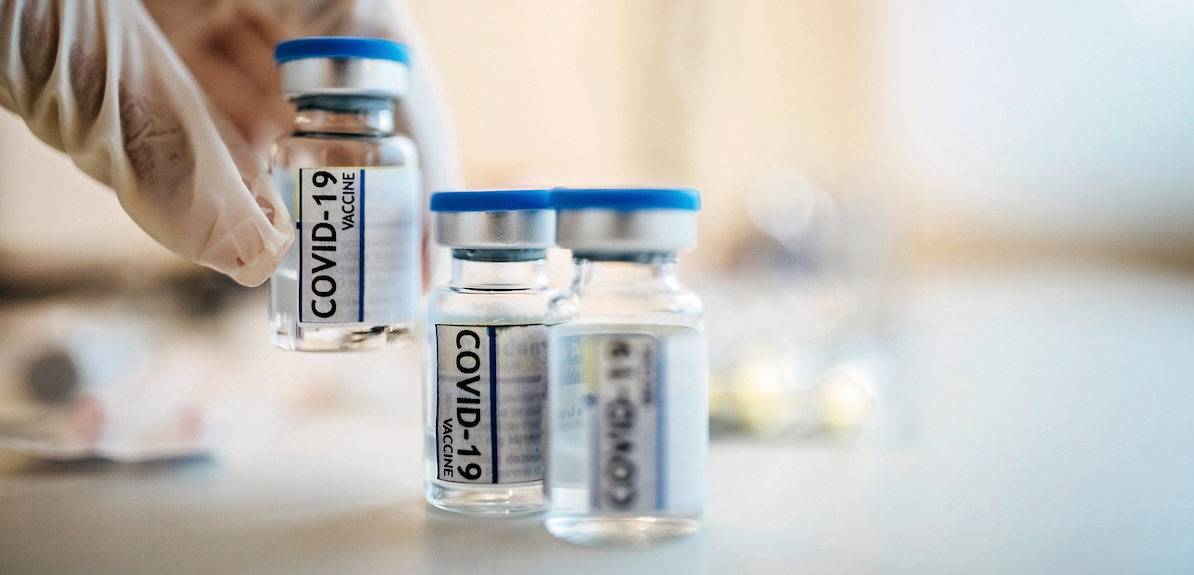<< Back
2 Studies: How Long Does Booster Protection Lasts? And Does Prior Infection Boost Immunity?

January 20, 2022
Two new studies show both the power and fallibility of the COVID-19 vaccine.
- The Centers for Disease Control and Prevention, in a review of COVID-19 protection from prior infection and vaccination in New York and California, found a vaccination still provides the safest protection against the coronavirus. But a vaccination and a prior infection offered the best protection.
- Researchers at the U.K. Health Security Agency found a third shot of the Pfizer-BioNTech vaccine, the booster, only offers short-term protection lasting less than six months.
“Right now,” says Dr. Ulysses Wu, Hartford HealthCare’s System Director of Infection Disease and Chief Epidemiologist, “the booster is still your best defense against Omicron at this point. And there is no need for an Omicron-specific vaccine, though I know one is being developed.”
Some specifics on the studies:
New York and California Infections
The CDC, after examining infections last summer and fall in New York and California, determined those most protected were both vaccinated and had a previous COVID-19 infection. Yet the unvaccinated who also had a previous infection were not far behind in level of protection. Other studies have also found that a symptomatic COVID-19 infection generates some immunity, just as a case of the chickenpox can make you immune to that disease.
But is this natural immunity worth the risk of either short- or long-term symptoms? Close to 900,000 Americans have died from COVID-19, with more than 11 million suffering from long COVID. Chickenpox, likewise, can cause sepsis, pneumonia and encephalitis, or swelling of the brain.
At the time of the study, about 70 percent of adults in each state were vaccinated, with an additional 5 percent vaccinated and had a previous infection. Slightly less than 20 percent were unvaccinated, with about 5 percent unvaccinated and had a previous infection.
Some possible limitations of this study:
- It only included laboratory-confirmed cases. Many unvaccinated people are unlikely to get tested.
- It predated the Omicron variant, before many Americans had booster doses that increase levels of protective antibodies.
U.K. Booster Study
Researchers found that a Pfizer-BioNTech booster, two weeks after the shot, reduces risk of COVID-19 infection by 70 percent. But after three months, the risk of a symptomatic infection drops to about 50 percent. The researchers also estimated that after about four months the risk drops even further, to 40 percent. These results, caution medical experts, are similar for other vaccines that almost immediately lift antibody levels before they soon diminish.
The vaccine was also developed as immunization against the original SARS-CoV-2, the virus that causes COVID-19, which is much different from Omicron, the current dominant strain.
Could this mean we’ll need a fourth shot?
“I still think we need to examine the science behind this,” says Dr. Wu. “It really depends on the time of the boosters. A fourth COVID shot isn’t as effective.”
The study reviewed 700,000 Omicron cases, analyzing the vaccine’s long-term protection.